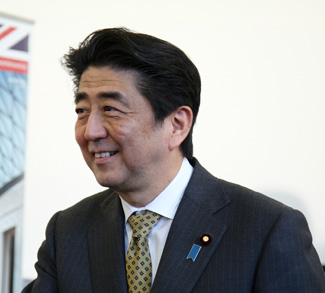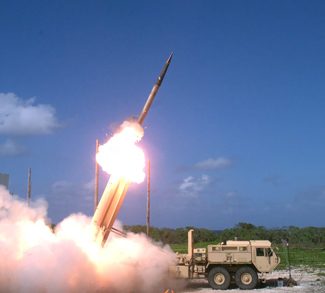Summary
Prime Minister Abe’s Liberal Democratic Party emerged the big winner in recent upper house elections, as an upsurge of support carried it to the two-thirds majority needed to amend Japan’s constitution.
Though it may seem that Abe’s dream of constitutional reform is now within reach, the reality is that his struggle is only beginning. Once an amendment makes it through parliament, it needs to be endorsed by a skeptical general public before coming into force. Thus the question becomes what form will this amendment take? Will it be minor window dressing, or will Abe swing for the fences and attempt to fundamentally change the nature of the post-WWII political order? Whatever it is, Abe’s coalition partners will be clamoring for him to start the process; one way or another, the topic of constitutional reform in Japan will be looming during the final two years of Abe’s term.
The fate of Article 9 will reverberate geopolitically as well. Any attempt to revise or remove the pacifist clause will be met with consternation from Beijing and Seoul. Sino-Japanese relations in particular could fall even further from their recent lows resulting from the Diaoyu/Senkaku dispute.
Impact
There are two levels of impact here: the domestic and international.
Domestically, the issue of constitutional reform perpetuates a political/cultural dispute that has been heating up since Abe assumed power: What is Japan’s role in East Asia? Is it an exemplary, non-nuclear, pacifist power as its US-imposed, post-WWII constitution envisioned it to be, or is it a conventional spoke of the Cold War era US alliance system? The former perception used to be the undisputedly more popular one in Japan, but recent developments in the region – particularly China’s military assertiveness and the questions over the US military guarantee that it brings – have given impetus to the latter perception, of Japan as a conventional and self-sufficient military power.




